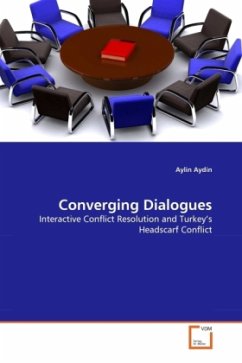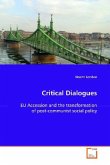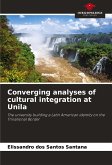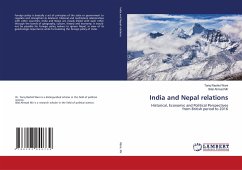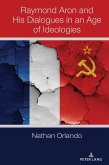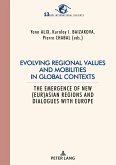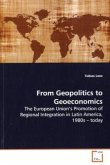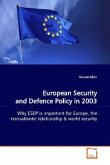Interactive Conflict Resolution (ICR) approaches are non-official methods suggesting that sustained interaction among the adversaries can pave the way to the resolution of protracted inter-group conflicts. The objective of this study is to conduct an assessment of Turkey's headscarf conflict in the context of Islamic and Kemalist CSOs. Based on this assessment, conditions that should be taken into consideration for a successful ICR intervention are indicated and the use of ICR approaches in this specific conflict is evaluated. The purpose of this endeavor is to explore whether ICR methods are appropriate to be used in Turkey's headscarf conflict and if so how to use them. The evaluation of the ICR approaches suggests that human needs, identity and transformation-oriented approaches are the most appropriate ones in addressing the underlying causes of the headscarf conflict. Concerning the resolution of the headscarf conflict, however, transformation-oriented approaches appear to be the most appropriate ones for an initial ICR intervention, while communal relations and communication based approaches seem to be appropriate for a subsequent intervention.
Bitte wählen Sie Ihr Anliegen aus.
Rechnungen
Retourenschein anfordern
Bestellstatus
Storno

